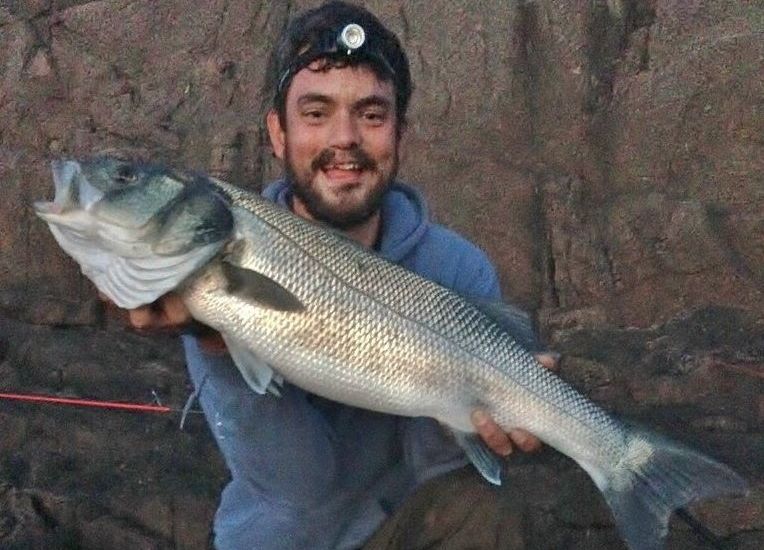

A host of controversial measures aimed at preserving local bass stocks have now officially come into force.
The Department of the Environment says the measures “will likely bring Jersey to the point of having one of the most sustainable bass fisheries in Europe”.
The new measures are the latest in a series that have steadily been introduced over recent years.
Figures seem to indicate action does need to be taken. Over the past decade commercial catches have dropped by more than 50%, from 24 tonnes to just over 10 tonnes.
There are now tighter restrictions on gill netting. A gill net is a wall of netting set in a straight line, with weights at the bottom and floats at the top, which catches marine life indiscriminately. From now on any boats using this method is banned from targeting bass, and will be limited to a 3% bass ‘by-catch’ – bass that have been caught accidentally.
But the Environment Minister, Deputy Steve Luce, on the advice of the Marine Resources Panel, has slightly relaxed his planned restrictions on commercial hook and line fishing so as to support struggling fishermen. If they can prove they caught more than 250kg of bass a year in either 2014, 2015, or 2016, they’ll be able to continue fishing using a hook and line, but will be limited to 100kg a month. It’s estimated that’ll affect around 12 boats.
Deputy Steve Luce says: “I’ve listened carefully to the Marine Resources Panel’s views and acted on their guidance in coming to my conclusions. The measures put in place much tighter controls on gill netting, which is indiscriminate and subject to higher rates of discards. I have also taken into account the significant and potentially positive impact on some of our inshore commercial fishermen in allowing a small, low impact, selective fishery. Our view is that a well-regulated hook and line fishery is far preferable to any indiscriminate gill net one.”
But it’s the leisure angler that is going to be hardest hit. They now face a total ban on fishing for bass. If they catch anything they have to return it. It’s estimated they land around 5-15 tonnes a year.
Deputy Luce says: “I want to make it clear that I completely understand the impact measures like these have on all our fishermen. These decisions will affect livelihoods and leisure time, but it is vital that we are committed to protecting these iconic fish. We must introduce measures that ensure the survival of the bass stock for the benefit of future generations.”
Comments
Comments on this story express the views of the commentator only, not Bailiwick Publishing. We are unable to guarantee the accuracy of any of those comments.